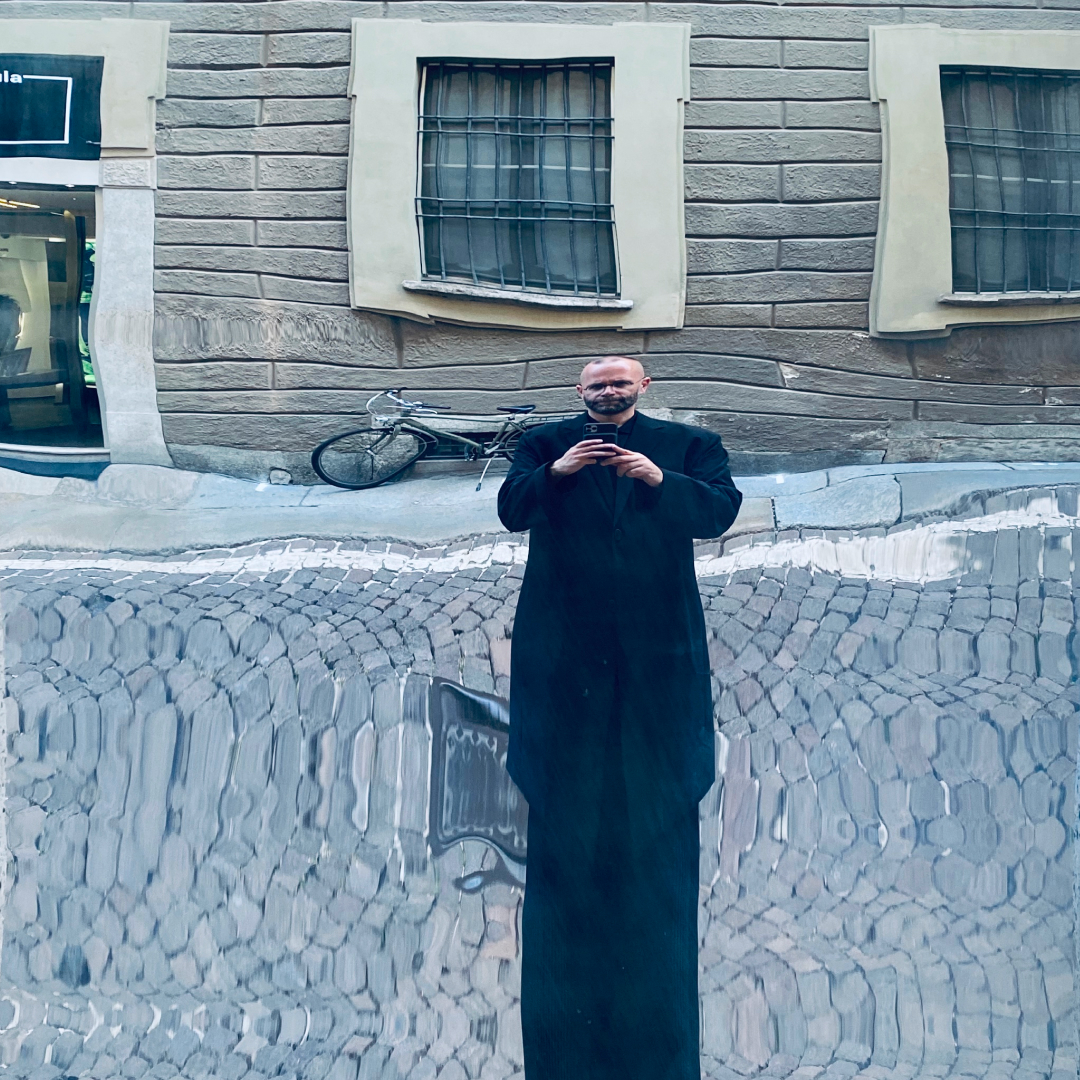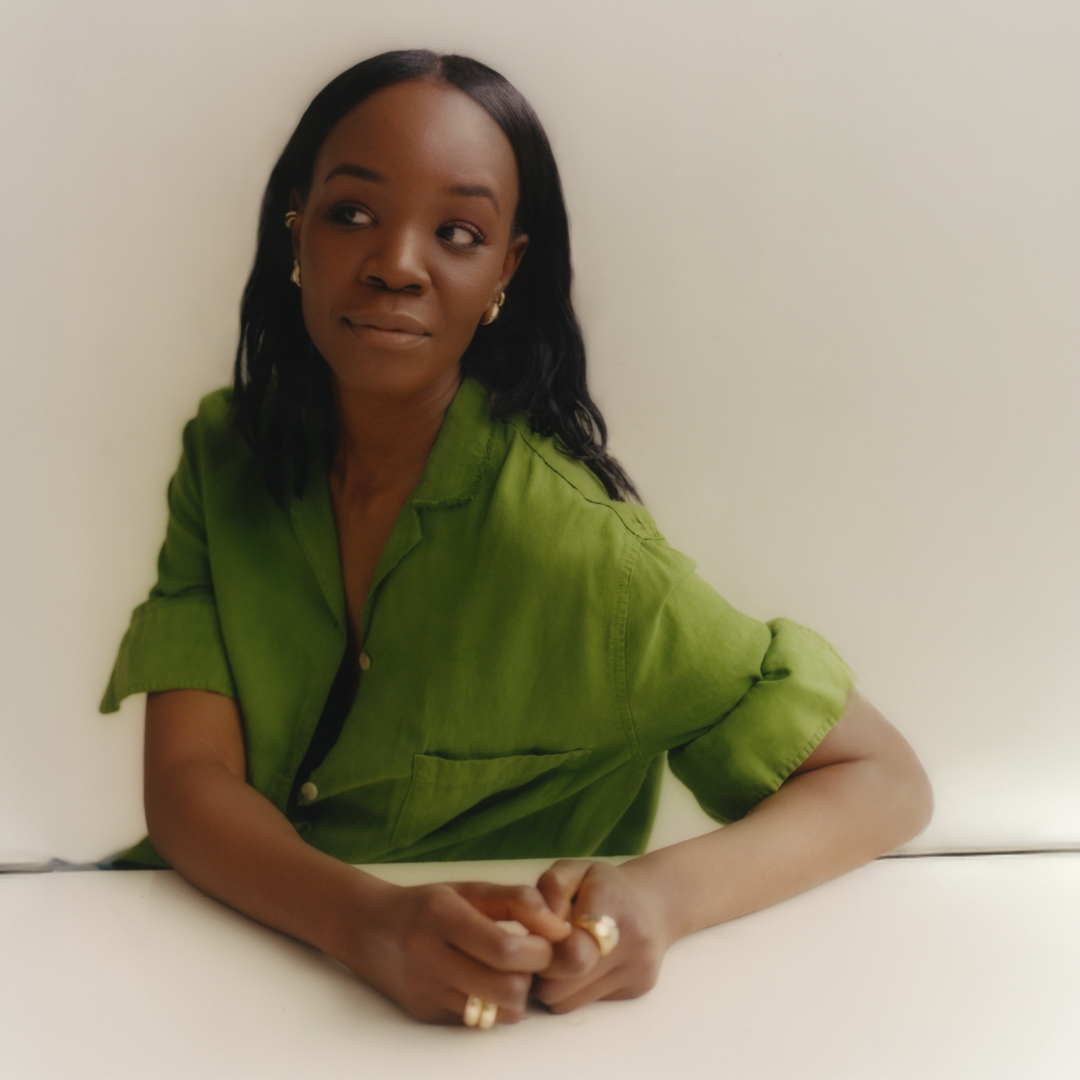Show Notes
Summary
In recent years, it’s become harder to tell whether fashion can still stand on its own, without leaning on the scaffolding of sport, film, or whatever cultural tentpole happens to be in rotation. But with the sustained relevance of System and the sharp ambition behind its latest expansion, Editor-in-Chief Jonathan Wingfield offers a clear answer: yes—fashion can still trade on itself.
It is a business, unquestionably—but a beautifully complex one, in constant dialogue with culture. And in that dialogue, the currency of creativity proves more stable than gold. Unlike so many aspects of contemporary life, its role is inimitable, its value evergreen.
In this conversation, Wingfield traces his own route—from suburban teenage boredom and record sleeves to the visual literacy that would come to define his work. We talk about System’s origins, the logic behind System Collections, and what gets lost when coverage is dictated by algorithms rather than curiosity.
“The most interesting commentary on a film often came from the costume designer, not the star. That logic applies to fashion too.” - Jonathan Wingfield
Episode Highlights
- From suburban boredom to fashion curiosity - Wingfield traces his creative awakening to the disconnect between small-town life and the cultural energy of nearby London—music, record sleeves, and magazines were his early portals.
- The record sleeve as first editorial influence - A Peter Saville–designed cover for New Order’s True Faith becomes an entry point into the world of typography, photography, and image-making.
- A formative mentorship on the road - A months-long carpool with UK publishing legend Alan Lewis becomes a crash course in magazine craft—headline writing, storytelling, and editorial voice.
- Why editing is about the final decisions - For Wingfield, the joy of putting a magazine together isn’t in the interviews—it’s in the final details: captions, pull quotes, and headlines that shape meaning.
- System’s founding as a response to access fatigue - Frustrated by increasingly hollow interviews with celebrities, Wingfield wanted a space for deeper, more sustained conversations—System was his answer.
- Virgil Abloh as a cultural inflection point - A cover story featuring Virgil becomes a turning point for System, bridging industry credibility and outsider influence, and reframing who the magazine is for.
- The slow reveal: System’s relationship to time - Wingfield shares why the magazine resists real-time commentary and favors longer arcs—interviewing designers after the noise has died down.
- The launch of System Collections
He introduces System’s newest project: a seasonal, time-capsule-style publication that offers deep visual and editorial takes on fashion month. - On interviewing well—and waiting for silence - One of his top tips: don’t rush to fill silences. Real answers often follow the pause.
- What’s contemporary now? Swerve the algorithm - Wingfield’s closing reflection: avoid being trapped in feedback loops. Discovery, intuition, and counterintuitive creativity are what truly move culture forward.
Notable Quotes:
- “I didn’t know what typography was, but I knew I couldn’t stop staring at that record sleeve.”
- “Editing, for me, is about those final choices—pull quotes, titles, captions. That’s where meaning takes shape.”
- “I was a kid blown away by a 30-minute train to London. The idea of interviewing Nirvana on a tour bus? I was all in.”
- “System started because I got tired of interviews where you had 10 minutes and a room full of publicists. You learn nothing in that setup.”
- “The best interviews happen when you let the silence do its job. That’s when people say the things that matter.”
- “We didn’t want System to dictate trends—we wanted it to reflect what was already happening inside the culture.”
- “The most interesting commentary on a film often came from the costume designer, not the star. That logic applies to fashion too.”
- “With System Collections, we’re not reacting in real time. We’re offering something more considered, more reflective. Something that—hopefully—is worth collecting.”
- “At a certain point, we’d interviewed all the kings and queens. It was time to ask who was building the next court.”
- “What’s contemporary now? Swerve the algorithm. Get outside your echo chamber. That’s where discovery happens.”







































































































